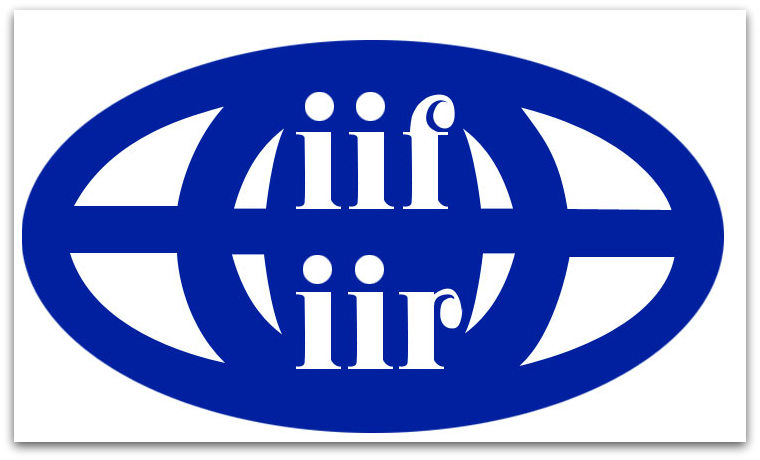Hydrolysis process of fish cannery by-products
DOI: 10.21047/1606-4313-2016-15-1-3-8
UDC 796/799
Hoeling А. , Grimm T. , Volkov V.V., Mezenova N. Yu.
Abstract
A significant amount of fish by-products is accumulated in Kaliningrad region fish processing plants during the year. This is underutilized source of natural peptides of high biological activity. One can see the intensification of researches to obtain active peptide fractions from fish by-products nowadays. Head and scales of sardines and sardinellas, and backbone of sardines have been analyzed experimentally. The general chemical composition of fish by-products has been studied. The scales are shown to be the main source of protein (56.7 – 60.5% of dry matter), it containing only minimum amount of fat. The minerals content is rather high (10.9-12.1% of dry matter). Disintegration processes of raw material proteins to obtain low molecular weight products have been analyzed by four different types of hydrolysis: thermal, enzymatic, enzymatic-thermal and enzymatic-thermal ones with raw materials pre-washing. Biological value of the active peptides obtained has been established. Sediments of the hydrolyzed systems have been investigated. Significant protein yield (up 91.7%) in all raw materials types has been observed by combined type of hydrolysis. The highest concentration of the peptide fractions with molecular weight less than 10 kDA has been identified in enzymatic hydrolysis samples (up 98.1%). The peptides obtained by enzymatic and enzymatic-thermal hydrolysis are recommended as a protein component for multi component production of dietary supplements for sports nutrition. Scales peptides are the most preferred due to their organoleptic characteristics.
Keywords: sardina, sardinella, heads, bones, scales, hydrolysis, active peptides, sports nutrition.
UDC 796/799
Hydrolysis process of fish cannery by-products
Abstract
A significant amount of fish by-products is accumulated in Kaliningrad region fish processing plants during the year. This is underutilized source of natural peptides of high biological activity. One can see the intensification of researches to obtain active peptide fractions from fish by-products nowadays. Head and scales of sardines and sardinellas, and backbone of sardines have been analyzed experimentally. The general chemical composition of fish by-products has been studied. The scales are shown to be the main source of protein (56.7 – 60.5% of dry matter), it containing only minimum amount of fat. The minerals content is rather high (10.9-12.1% of dry matter). Disintegration processes of raw material proteins to obtain low molecular weight products have been analyzed by four different types of hydrolysis: thermal, enzymatic, enzymatic-thermal and enzymatic-thermal ones with raw materials pre-washing. Biological value of the active peptides obtained has been established. Sediments of the hydrolyzed systems have been investigated. Significant protein yield (up 91.7%) in all raw materials types has been observed by combined type of hydrolysis. The highest concentration of the peptide fractions with molecular weight less than 10 kDA has been identified in enzymatic hydrolysis samples (up 98.1%). The peptides obtained by enzymatic and enzymatic-thermal hydrolysis are recommended as a protein component for multi component production of dietary supplements for sports nutrition. Scales peptides are the most preferred due to their organoleptic characteristics.
Keywords: sardina, sardinella, heads, bones, scales, hydrolysis, active peptides, sports nutrition.












